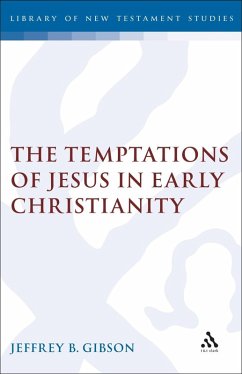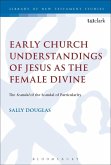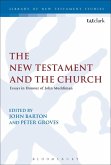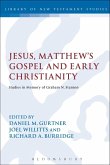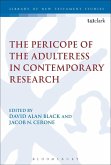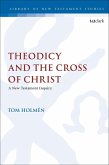This study lays the groundwork necessary for establishing the validity of the thesis, proposed particulary by J.H. Yoder in his Politics of Jesus, that the early church held a selective and unified view of the nature and content of the various temptations to which Jesus was regarded as having been subjected in his lifetime. This leads to a clearer view of how the early church perceived the exigencies of its Lord's mission and message, and provides fresh insights into such prominent New Testament themes as sonship, obedience, faithfulness and discipleship. It also opens up new possibilities for firmly establishing the occasion of those New Testament writings, such as the Gospel of Mark and even the Epistle to the Hebrews, where notice of and appeal to the example of Jesus in temptation appears as a prominent feature.
Bitte wählen Sie Ihr Anliegen aus.
Rechnungen
Retourenschein anfordern
Bestellstatus
Storno

